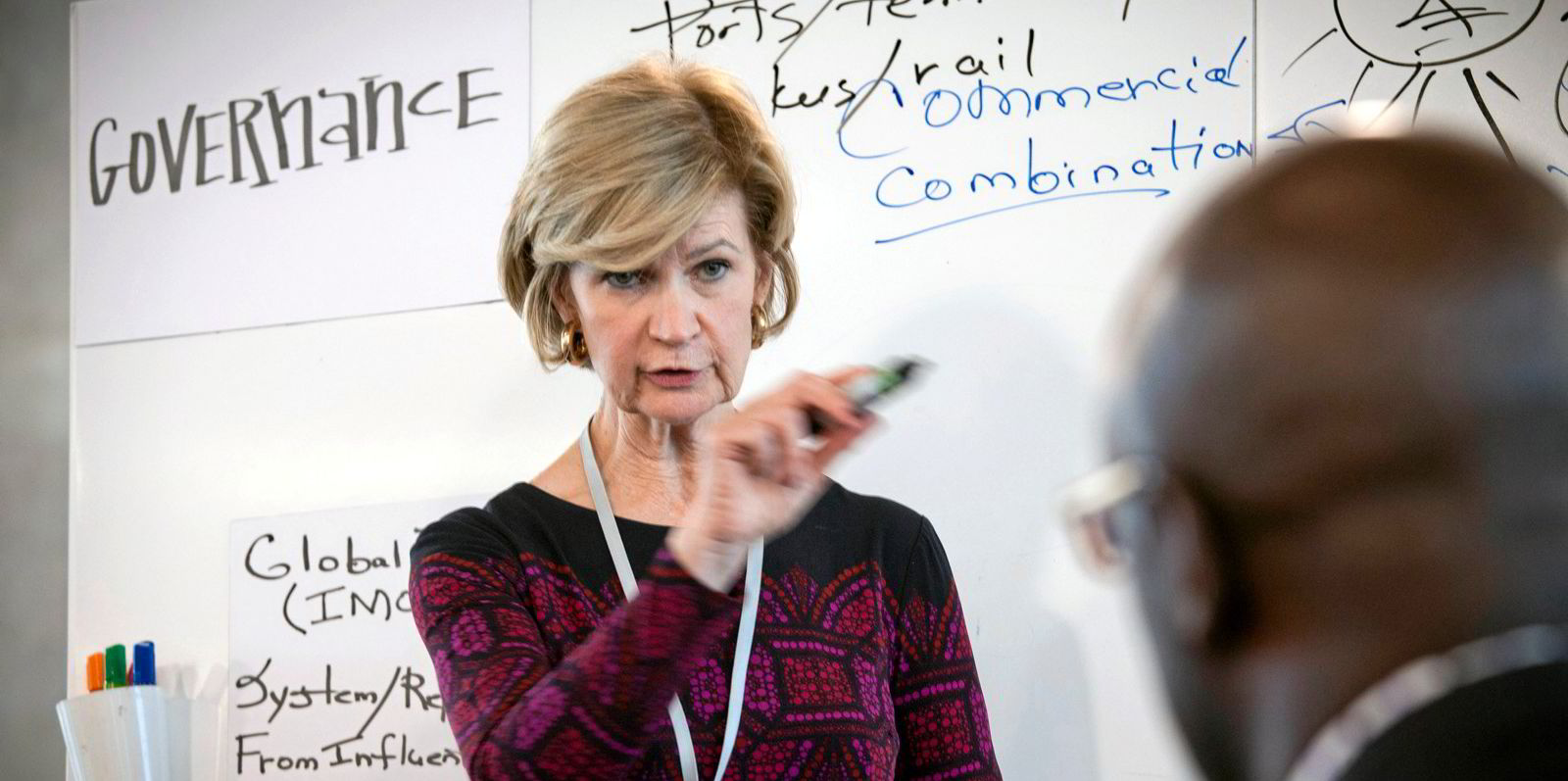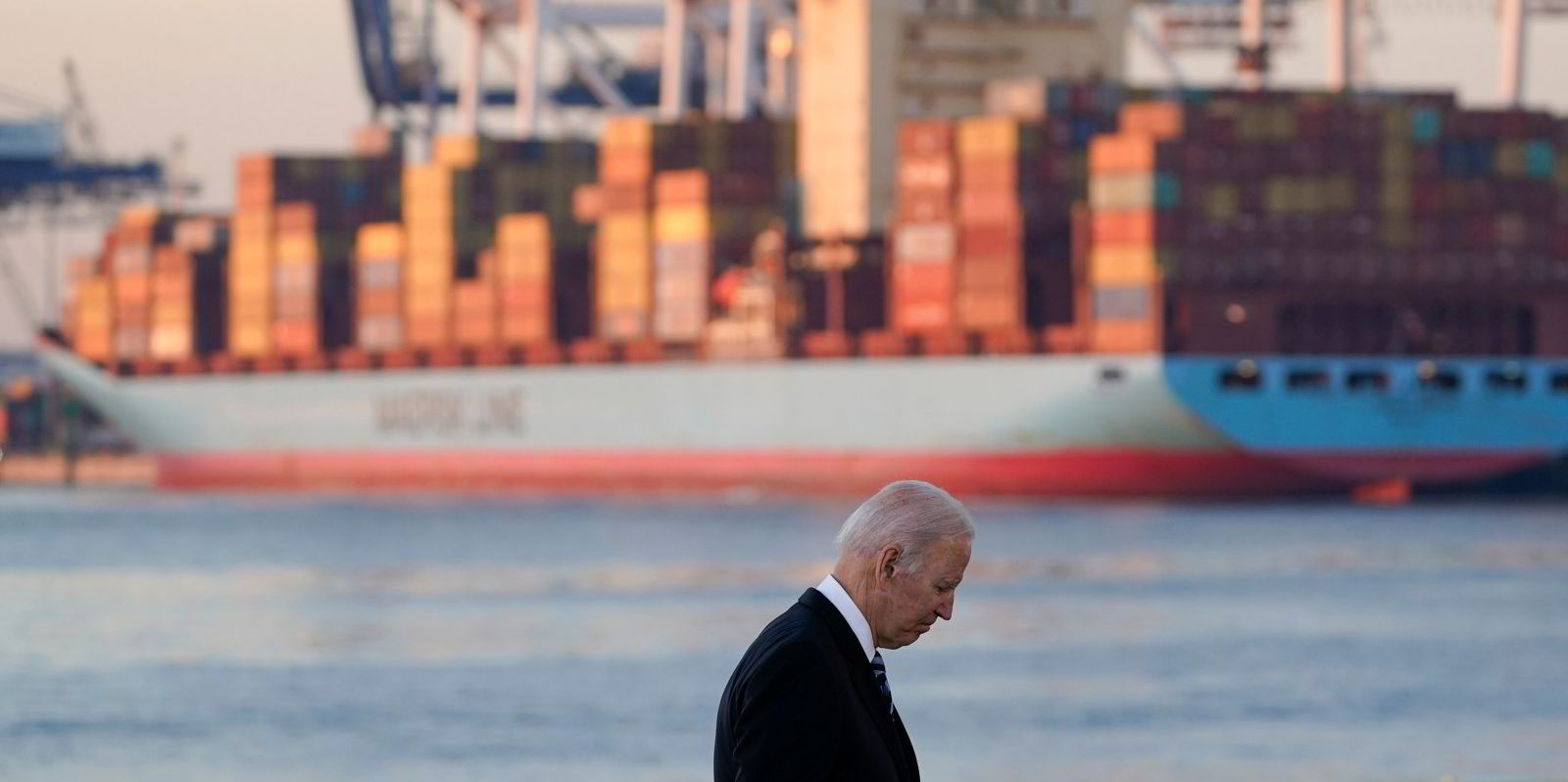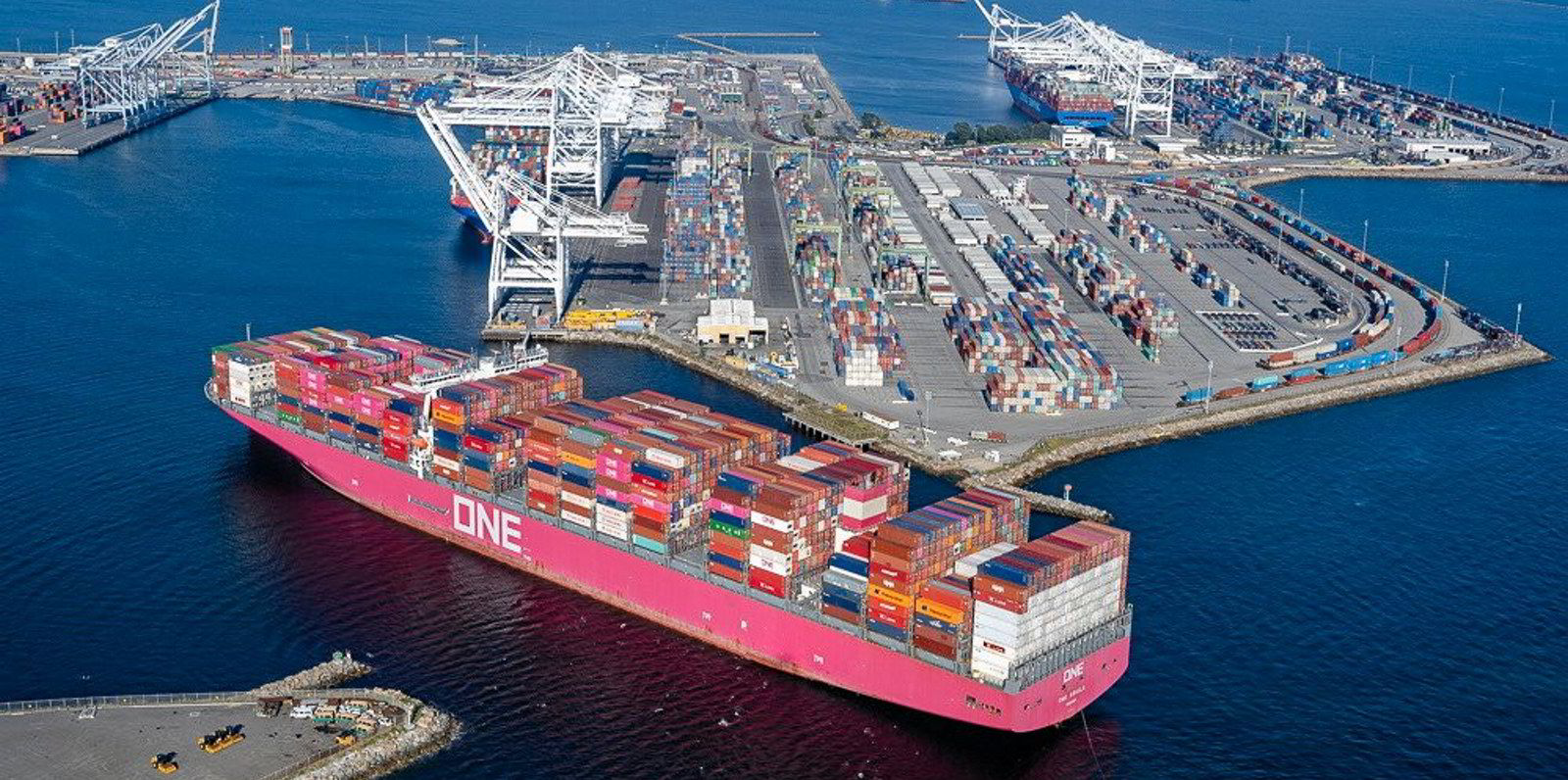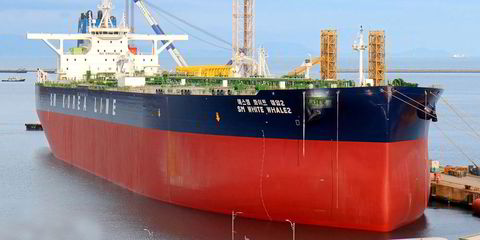The Federal Maritime Commission (FMC) continues to take steps to ameliorate the US port congestion problem, this time with a focus on boxes.
The US agency announced the creation of six Supply Chain Innovation Teams on Wednesday.
The teams will have two objectives: To make sure truckers are able to drop off and pick up a container in one stop — a so-called "double move" — and to bring certainty to container due dates in an effort to improve the flow of containers.
The teams will be led by commissioner Rebecca Dye.
"Achieving double moves for truckers would improve trucker productivity and remove a constant source of conflict over container return as well as resolve problems with appointment systems and chassis shortages," Dye said in a statement.
Dye had been running the FMC's Fact Finding 29 initiative exploring potential solutions to the current supply chain issues.
"Earliest return date confusion is a terrible problem for US exporters," she added. "This reform would also remove the constant problem to US agricultural exporters of demurrage and detention charges that are not in compliance with our interpretative rule."
The US supply chain has become saturated in recent months, with Americans flush with cash funnelling their spending into consumer goods as the Covid-19 pandemic prevented travel and closed bars and restaurants.
The issues have led to considerable back-ups in ports, primarily at Los Angeles and Long Beach and have put upward pressure on prices already rising due to other factors.
Agricultural interests have argued their ability to sell goods into the international market has been hampered by those detention and demurrage fees, prompting the FMC to audit liners and investigate fees they had levied.
On Monday, FMC chairman Daniel Maffei tasked commissioner Carl Bentzel with looking into how data issues are constraining the flow of cargoes.
In announcing the effort, Bentzel said technological solutions to moving cargo more quickly was one of the most prominent issues raised to the commission by port leaders.






